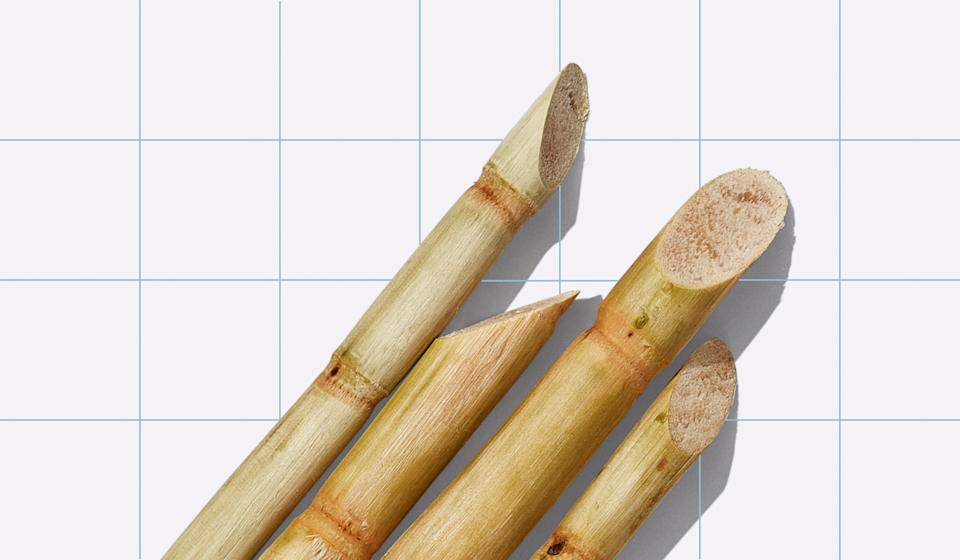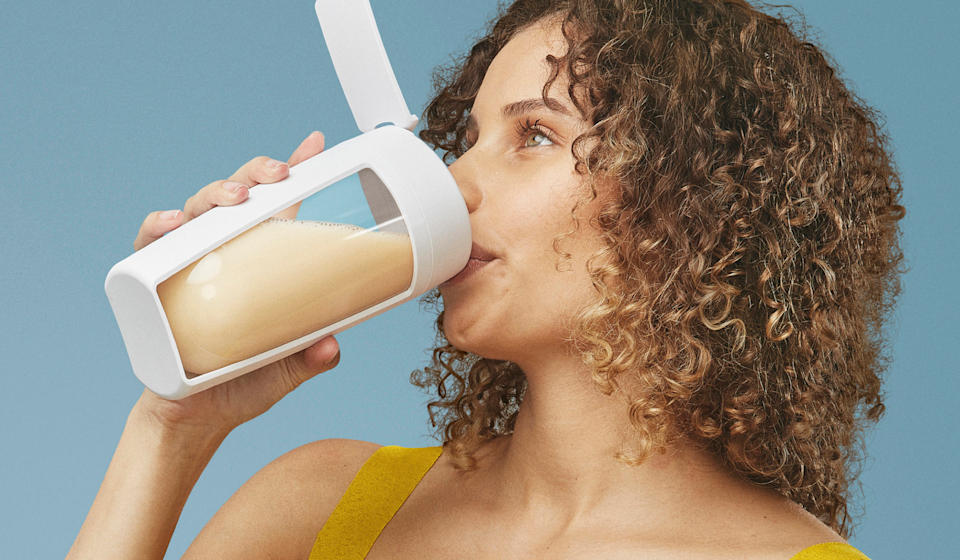Essential Takeaways
- When you’re looking for an alternative to sugar, sifting through all the options can be a tad overwhelming.
- From maple syrup to Reb-M to stevia, we’re breaking down some RD favorites—plus what you need to know about aftertaste, glycemic index, and more.
Whether you’re trying to temper your sweet tooth or just eat healthier in general, cutting out refined sugar can be a great first step to a more nutritious diet. But when faced with all the sweetener alternatives on the market—which, by the way, only seem to be multiplying by the day—where to even begin? There are a lot of factors, after all: from aftertaste, to the presence of artificial ingredients and sugar alcohols, to bonus nutrients like antioxidants and fiber.
To help us sift through the many (many) options, we tapped Ritual’s resident dietitian and VP of Scientific Affairs, Dr. Mastaneh Sharafi, Ph.D, RD—as well as dietitians Stephanie Paver, MS, RD and Danielle Gaffen, MS, RDN, LD. Below, they share their six go-to sugar alternatives and what makes them worthy of a spot in your pantry.
How do we define a sugar alternative?
It goes without saying that not all sugar substitutes are created equal—in fact, something labeled "sugar-free" might not necessarily be good for you, which is where some ingredient sleuthing and label-reading can really come in handy. For starters: It may be a good idea to skip artificial sweeteners like sucralose or aspartame or synthetic sugar alcohols like xylitol or erythritol, which have been linked to discomfort and other adverse effects (and don't bring anything nutritional to the table).* (1,2)
That's why our experts looked for less refined options that offer at least some nutritional value of their own—and are lower on the glycemic scale to boot. Some, like coconut sugar, molasses, and maple syrup, should still only be enjoyed in moderation, and it doesn't hurt to look for any extra additives on the label.













